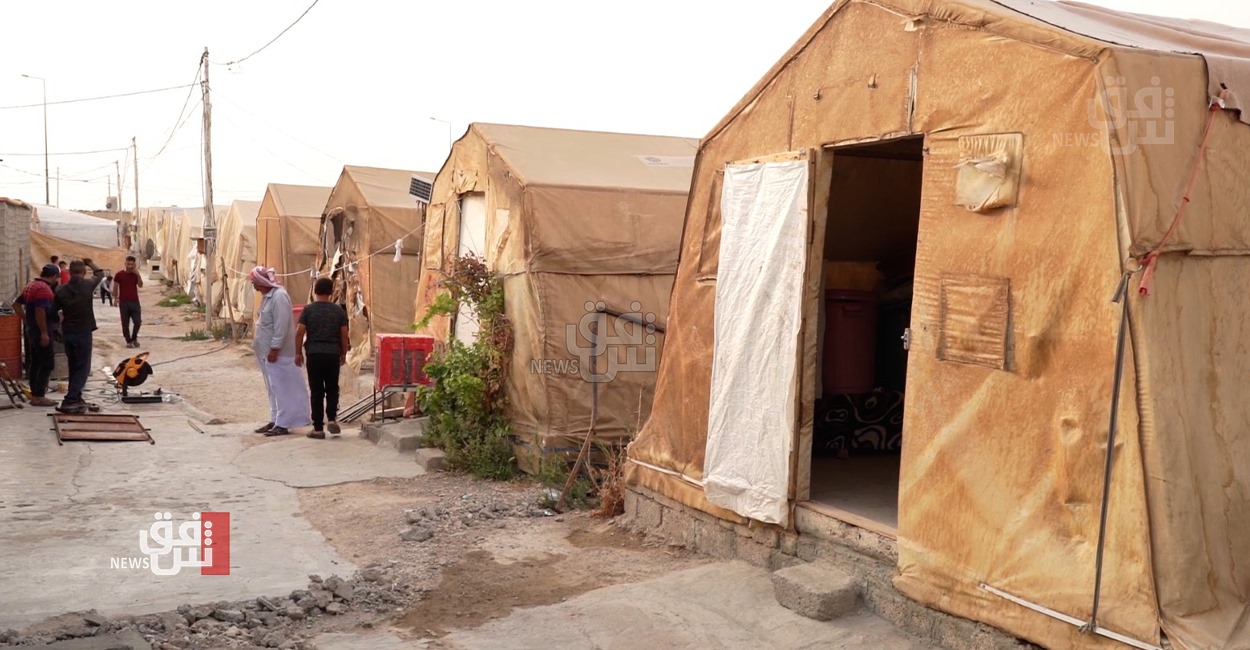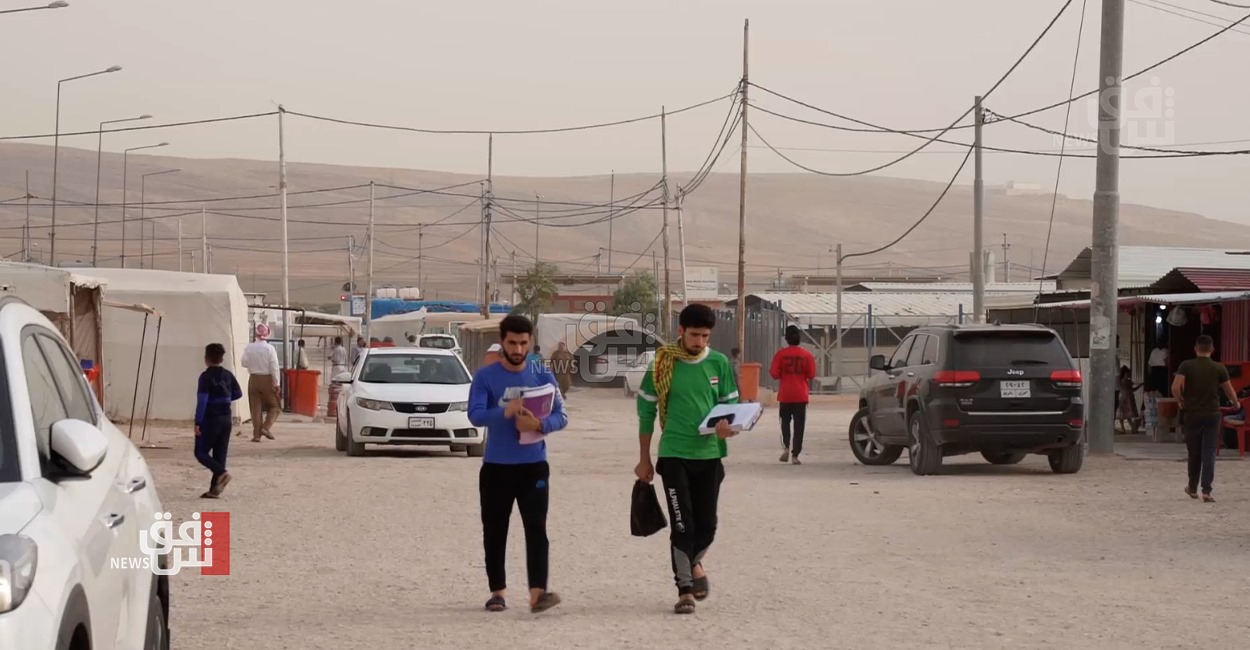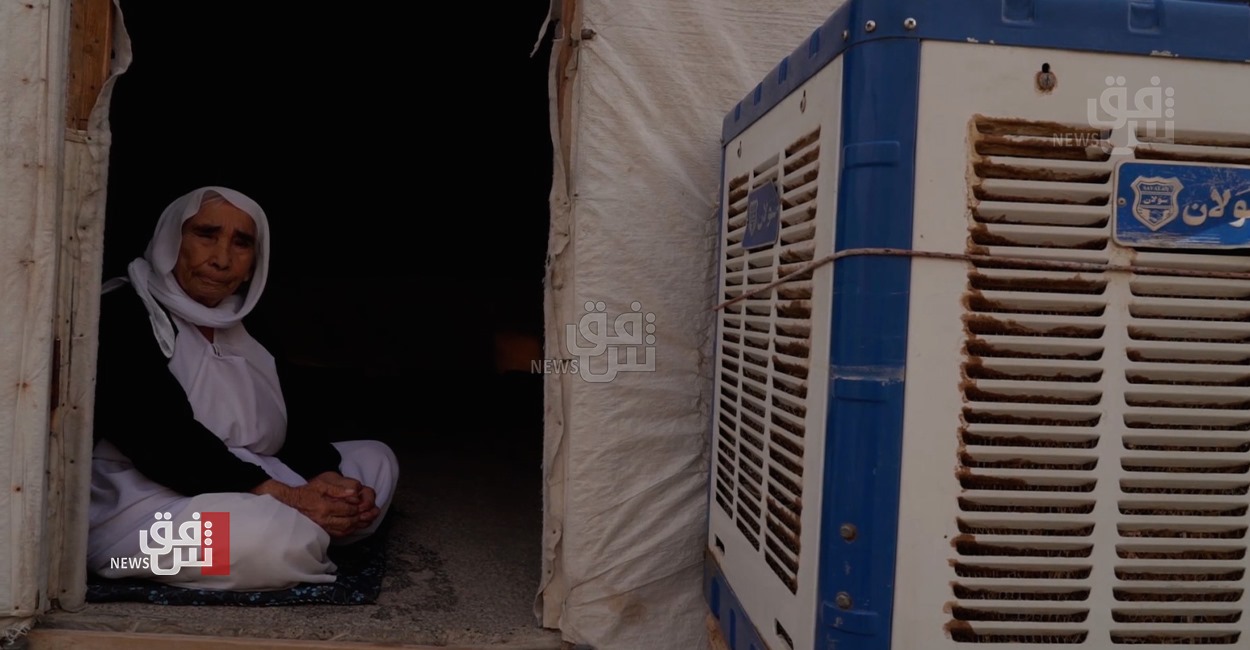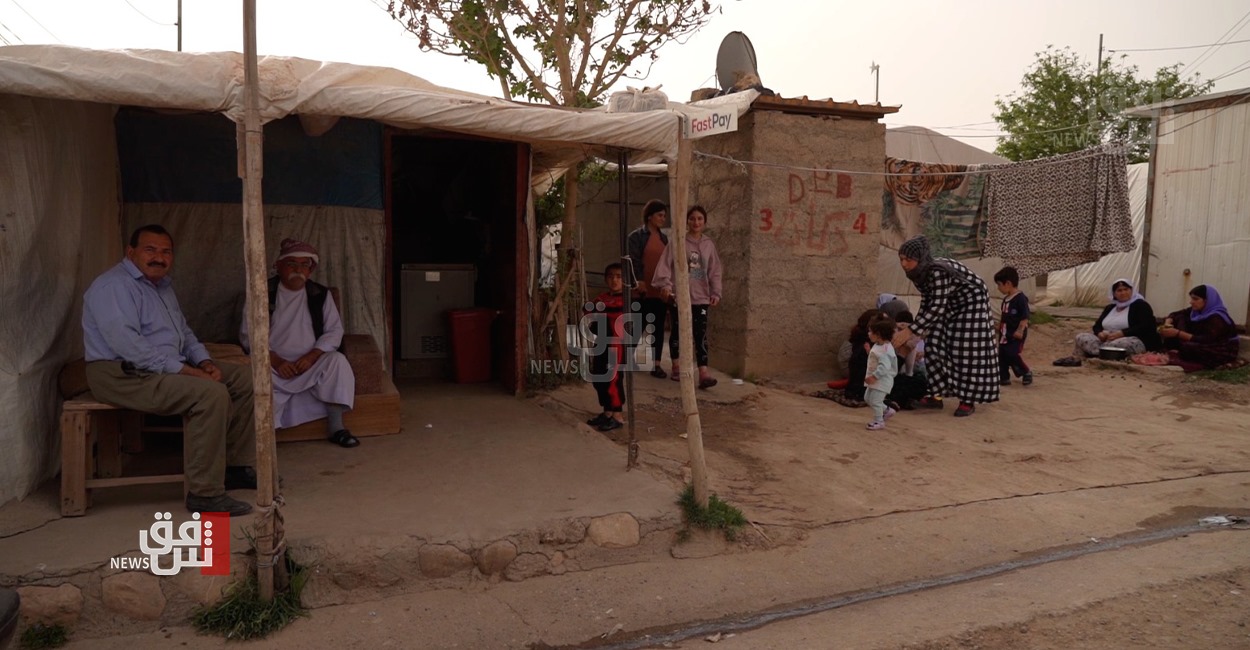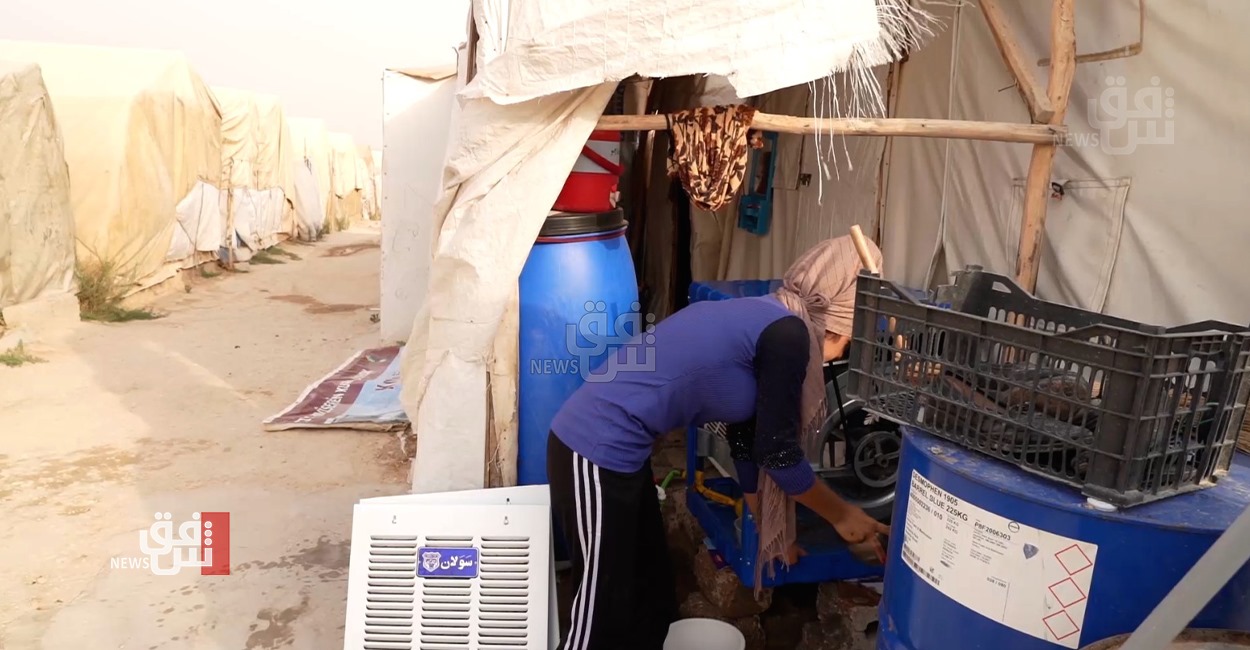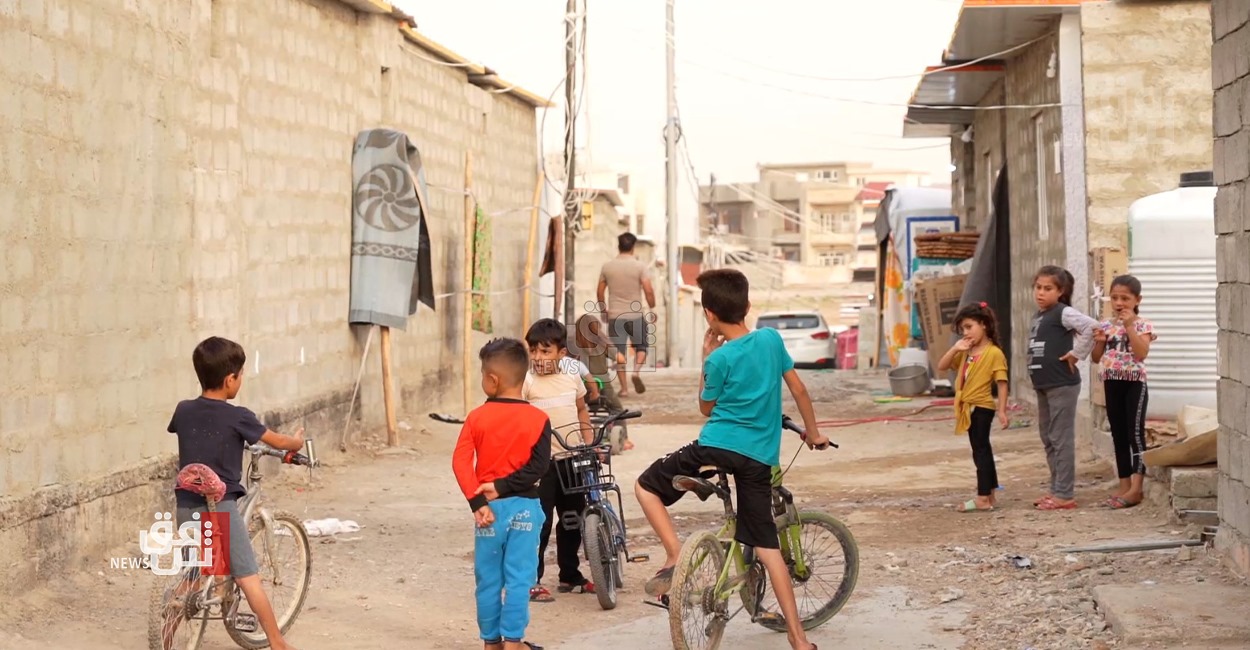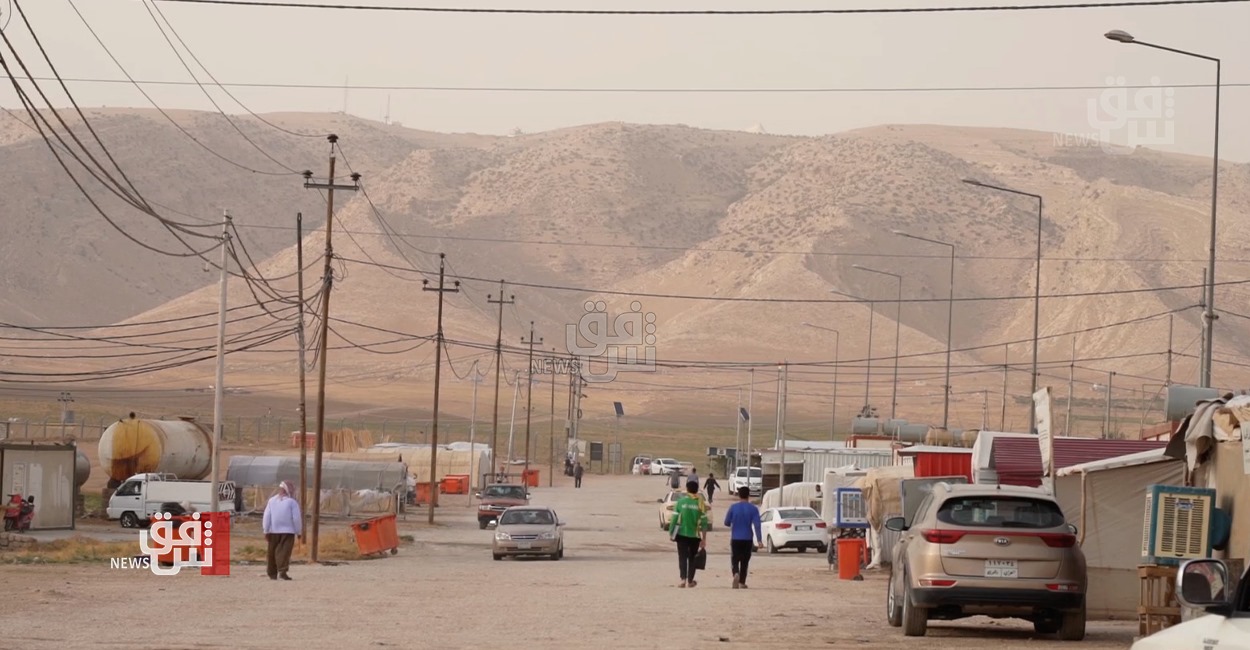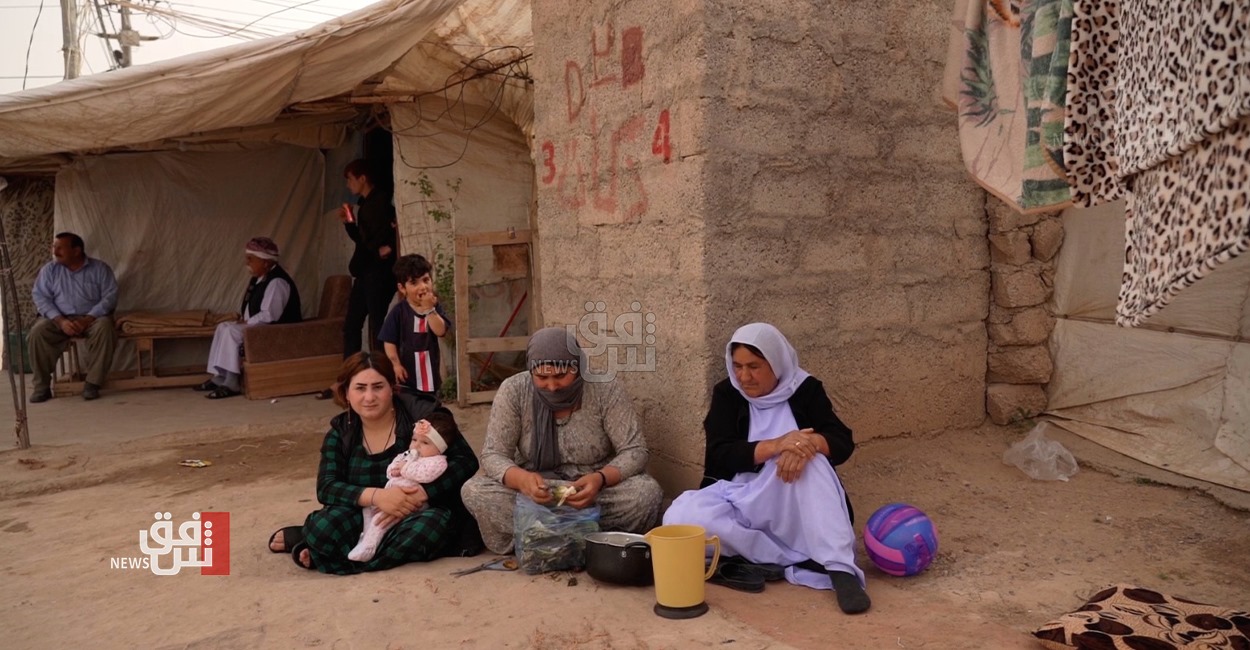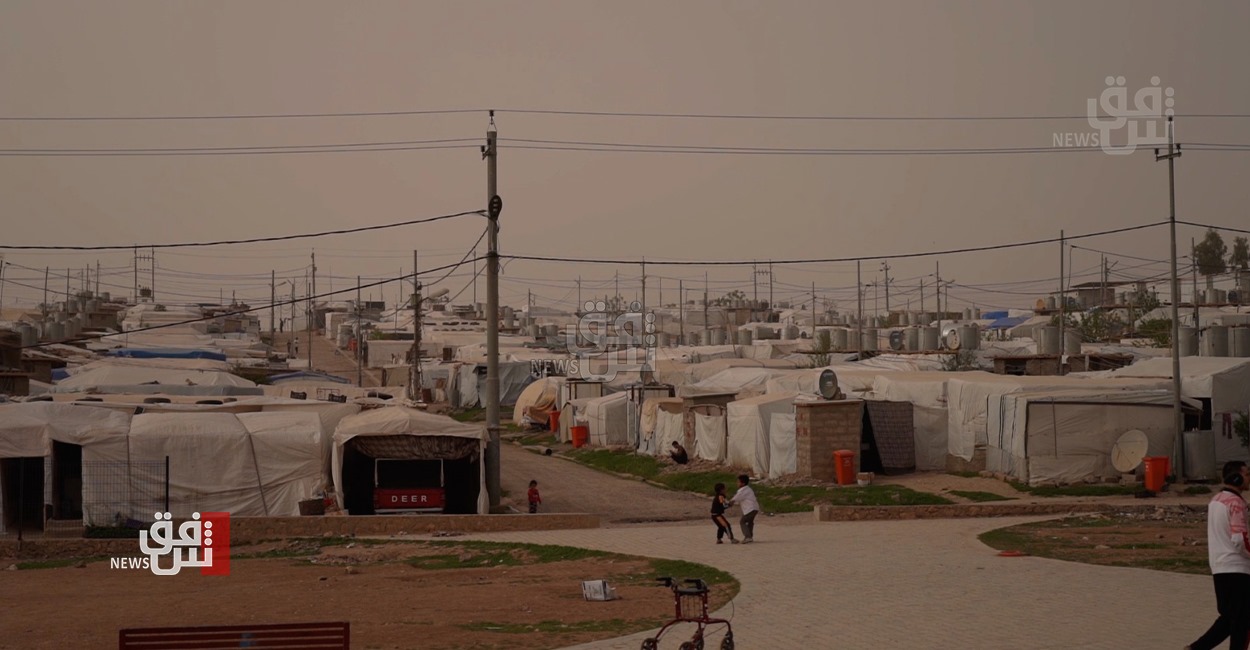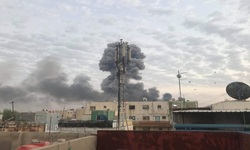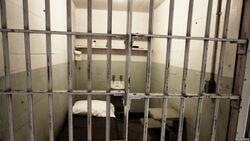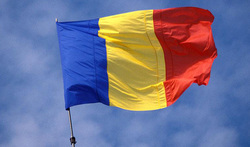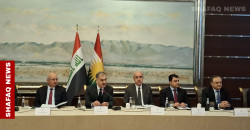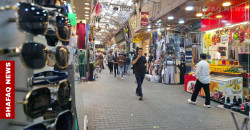KRG defies Baghdad, vows to keep displaced persons' camps open
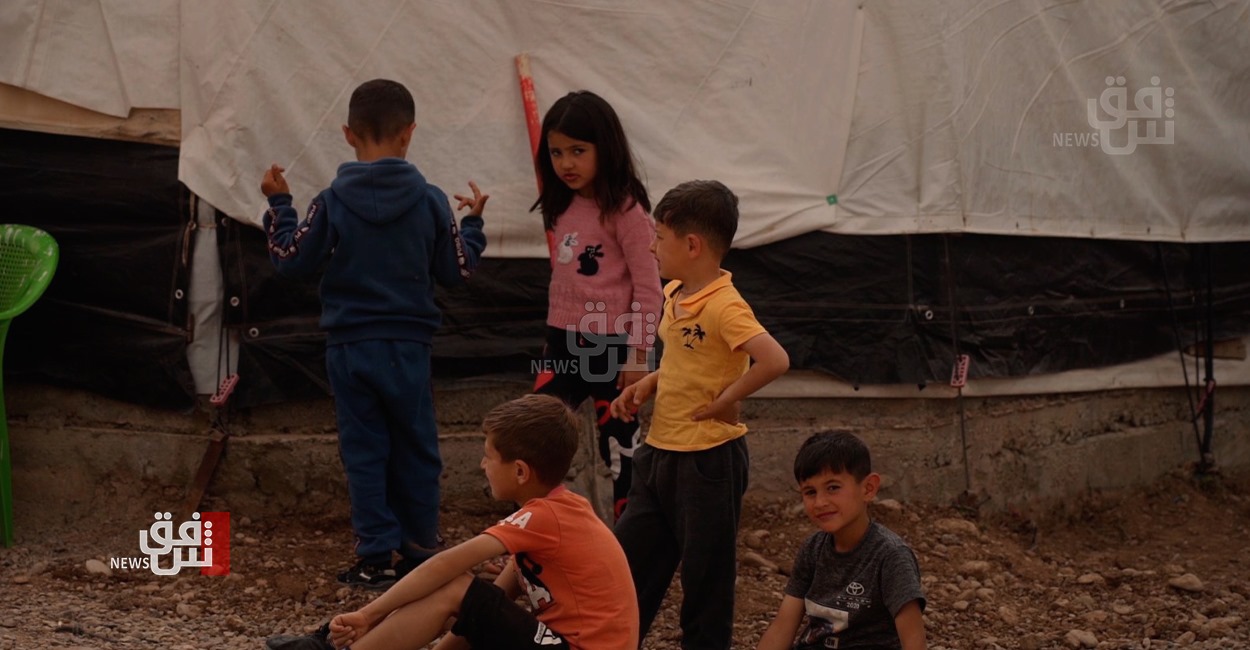
Shafaq News/ Despite the Iraqi government's directive to close all IDF camps, the Kurdistan Regional Government (KRG) has pledged to keep these shelters operational in the Duhok governorate.
Diyan Jaafar, Director of the Department of Migration and Displacement and Crisis Response in Duhok, confirmed to Shafaq News Agency the KRG's stance, "Displaced individuals can decide whether to stay in the camps or return to their hometowns."
Jaafar pointed out the KRG's concerns about "the pressure on charitable organizations to diminish support for those in need." He also noted that "financial grants allocated for returning individuals were insufficient, failing to address the extensive damages and hardships endured over the past decade."
Last January, the Iraqi Ministry of Migration and Displacement set a deadline of July 30 for displaced persons to return to their original areas.
The Ministry has introduced an aid package and incentives to encourage returns and ease the transition for returning families.
The incentives include a one-time payment of 4 million Iraqi dinars, approximately US$3,000, per family. Additionally, returnees are offered opportunities for government jobs, access to social security benefits, and the option of interest-free small business loans.
Despite Baghdad's urging, many displaced persons remain hesitant to return to areas like Sinjar due to ongoing security challenges, including the presence of militias.
Fakhir Alu, residing in Kabarto camp south of Duhok, expressed fears about returning to a "region still grappling with security instability," echoing concerns shared by others who have found relative safety within the camps.
Nadia Mashkoor, another displaced person, told Shafaq News Agency that living in camps with essential services was preferable to returning to areas lacking security and basic amenities.
Notably, Duhok currently hosts 15 displaced persons' camps, accommodating over 3,300 individuals, primarily from Sinjar district, who fled during the ISIS invasion in 2014.
Sinjar is a district characterized by its mountainous terrain and diverse population, including Kurds, Arabs, and Yazidis, who are an ethnic and religious minority. The region witnessed massive destruction during the conflict against ISIS from 2014 to 2017.
According to the International Organization for Migration (IOM), approximately 183,000 people from Sinjar remain displaced, with 85% of the district's Yazidi population among them.
Human Rights Watch said the planned closure of displaced people's camps in the Kurdistan Region of Iraq (KRI) could jeopardize the rights of many camp residents, particularly those from the northern Sinjar district.
